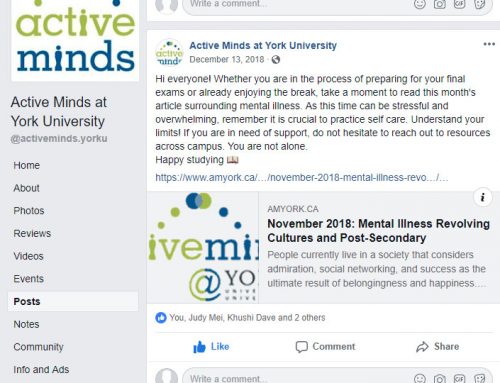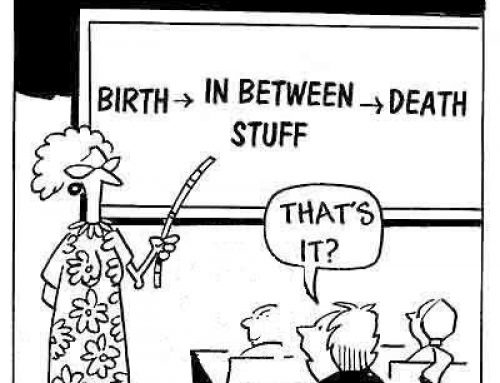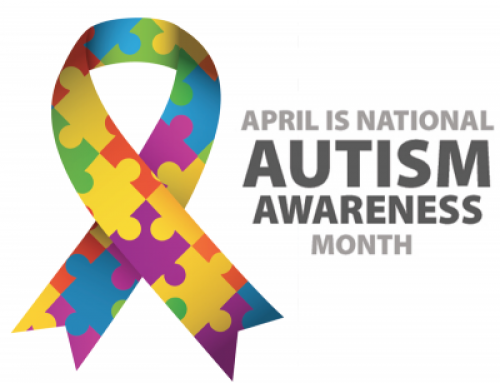Mental health illness is the second leading cause of disease burden for people worldwide. Most people are aware of depression disorders and they are knowledgeable about the symptoms and triggers that causes depression. The local community provided monthly help services for people with mental health disorder and depression. There are resources that are provided by health care professionals and community services to help with depression symptoms from early on and take proper action. These services helped a lot of people worldwide and each community have their own unique approaches to diagnose depression disorder. (Gallagher & Watt, 2019).
According Gallagher and Watt (2019), there is a test called Mental health literacy (MHL) which tests an individual’s beliefs and knowledge about mental disorders. In addition, this test shows knowledge of an individual for recognition, management, and prevention of mental illness within themselves and in others. Positive and negative attitude and behaviour effects on a person’s ability to seek help and treatment respectively. Higher levels of MHL is helpful for seeking positive behaviour toward treatment, and mental health outcomes. The university students have higher rate of MHL score, which is beneficial to seek help for the initial diagnosis and a referral to a psychiatrist (Gallagher & Watt, 2019). Furthermore, community can have a positive effect on mental health and emotional wellbeing even in Universities. For instance, there are many activities at local universities that are helpful to increase sense of belonging. These activities could be martial art club, dance group and other volunteering activities. Volunteering in local universities would lead to connections with new people and expand your network, and boost your social skills. Even helping out with the smallest tasks can make a real difference to the lives of people. There are counselling and disability services, safe talk, support groups and learning skills services located in local University to help students to cope with depression.
Reference:
Gallagher, C. E., & Watt, M. C. (2019). Mental health literacy in a sample of canadian adults. Canadian Journal of Behavioural Science / Revue Canadienne Des Sciences Du Comportement, 51(3), 171-180. doi:http://dx.doi.org.ezproxy.library.yorku.ca/10.1037/cbs0000129



























